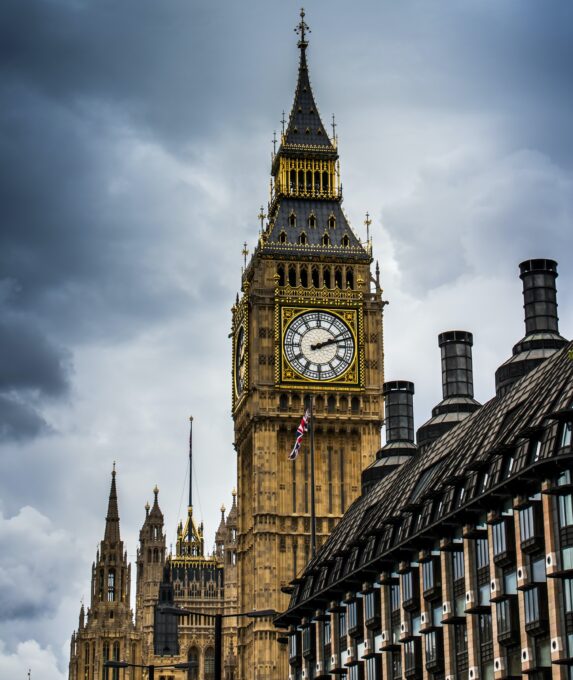What the by-election defeats mean for Boris Johnson

Last Thursday, the Prime Minister suffered a historic defeat in two parliamentary by-elections as the Liberal Democrats overturned a Conservative majority of over 24,000 – the biggest ever mid-term swing – and Labour regained the former ‘red wall’ seat of Wakefield.
Are the Tories on track to lose the next election?
One traditional school of thought on by-elections is that governments droop mid-term and then bounce back. Boris Johnson and his party will therefore be pleased that the next general election is still more than two years away. But if recent polling and last week’s results are anything to go by, the Tories will be staring at defeat when that time comes.
This was, in many ways, the perfect mid-term litmus test for the Conservatives; a test of whether they could hold onto their 2019 red wall gains and retain their traditional base of support in the south of England. Last Thursday showed that they couldn’t achieve either, despite both seats voting for Brexit at the 2016 referendum.
How long can Boris Johnson go on?
True to form, the PM remained resolute and batted away suggestions that he should resign. A vow to ‘listen’ but ‘keep going’ was his reaction to the defeats. And, just this week, Boris Johnson has been on the record to say he is “actively thinking” about a third term.
Yet the PM’s bullish response has not been well received by large swathes of his MPs and the party’s membership. A recent snap ConHome poll revealed that nearly half of Tory members want the PM to go – this, just a few weeks after 41% of his parliamentary party voted no confidence in his leadership.
These events were more than a mid-term blip. The sharp decline in Conservative support married with Lib-Lab tactical voting has compounded the Tories’ misfortune. The ‘anything but Boris’ electoral coalition is growing.
Indeed, this level of tactical voting has not been seen since the 1990s and the fact that the true blue seats of Chesham and Amersham, North Shropshire and now Tiverton and Honiton have all fallen from the Tories’ grasp is leading many Conservative backbenchers and activists to mobile.
Technically speaking, the PM’s majority in parliament is still significant – sitting at 75 – but the truth is that with 148 of his own MPs against him, and a double by-election defeat providing yet another blow to his authority, the task of governing is set to become more difficult in the weeks and months ahead.
What’s next?
The Government’s legislative agenda will remain broadly the same, as set out in the recent Queen’s Speech. Yet his detractors, many of whom are particularly worried about the country’s growing tax burden and mounting economic crisis, may now feel emboldened to pursue their policy concerns more vocally – including by withholding their support in the voting lobbies.
Meanwhile, elections for the backbench 1922 Committee are due to take place shortly and canny Johnson critics like Steve Baker may play a larger role in the group. This leaves the PM looking over his shoulder as threats of abolishing the 12-month rule to hold another confidence ballot in his leadership are already beginning.
This all sets the scene for a challenging road to the next election for the PM and his party and is a far cry from his landslide election victory in December 2019, where loyalty in Parliament seemed assured and the future certain. The Government – as departing Party Chairman Oliver Dowden stated in his resignation letter – cannot continue with ‘business as usual’.
If the rumours are to be believed, a summer reshuffle is on the cards. An opportunity to reset, the PM will hope. However, reshuffles risk making enemies as well as friends and therefore could enable sacked Ministers to agitate from the backbenches.
A renewed emphasis on core Conservative agendas – education, crime, immigration – as well quick wins on the costs of living crisis is perhaps the most likely approach in the immediate term from No.10 to steady the ship. But will this be enough?
To rebuild trust with those who elected the Conservatives in their droves in 2019, the PM would be wise to bring the parliamentary party back into the fold and adopt a consultative approach to governing. Failure to do so risks an uprising from within the party and leadership contenders beginning manoeuvrers – an all too familiar ending for Conservative leaders.
Callum Murphy, senior account executive
Find Out More
-
Corporate Affairs Trends for 2026
December 10, 2025
-
Leading in the era of the compounding crisis
October 2, 2025


